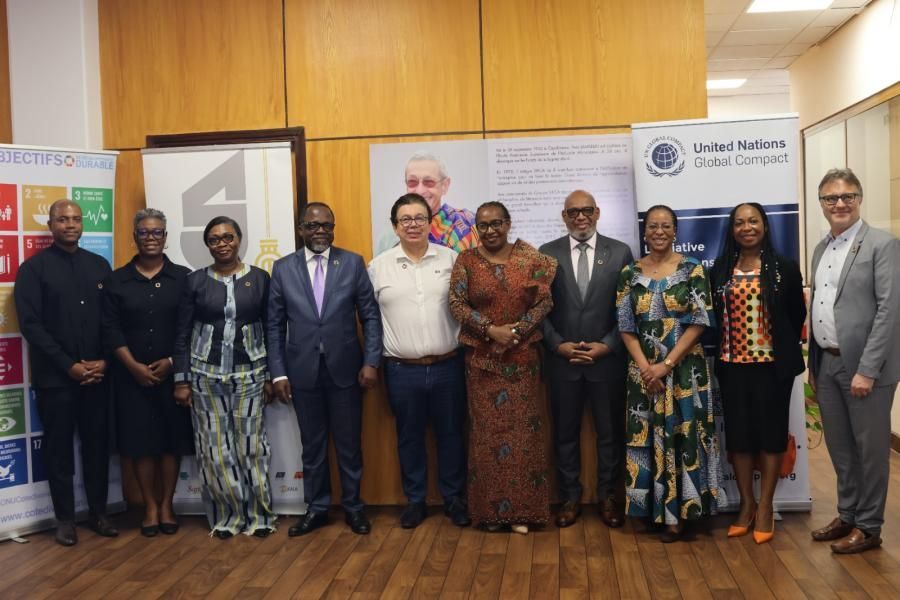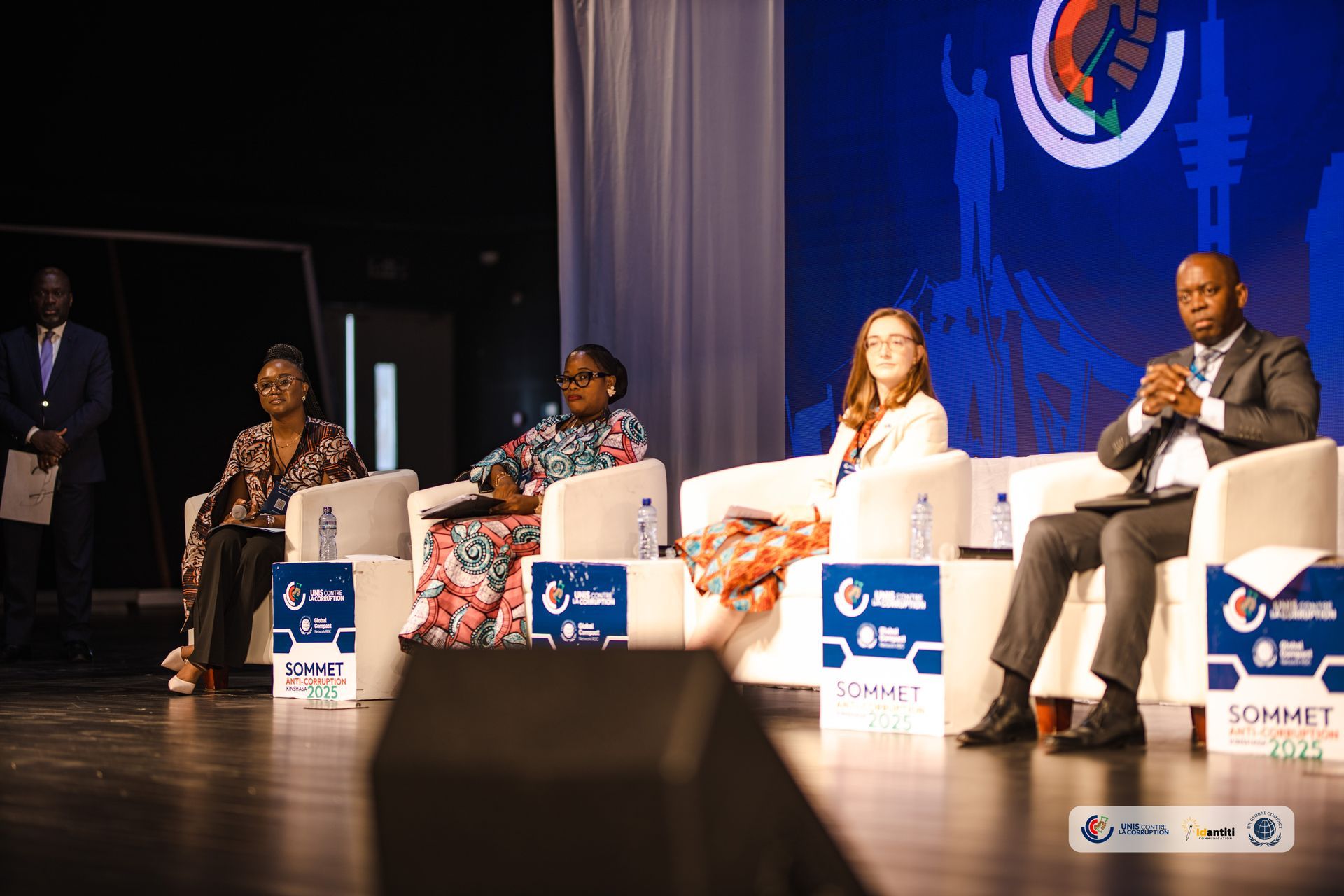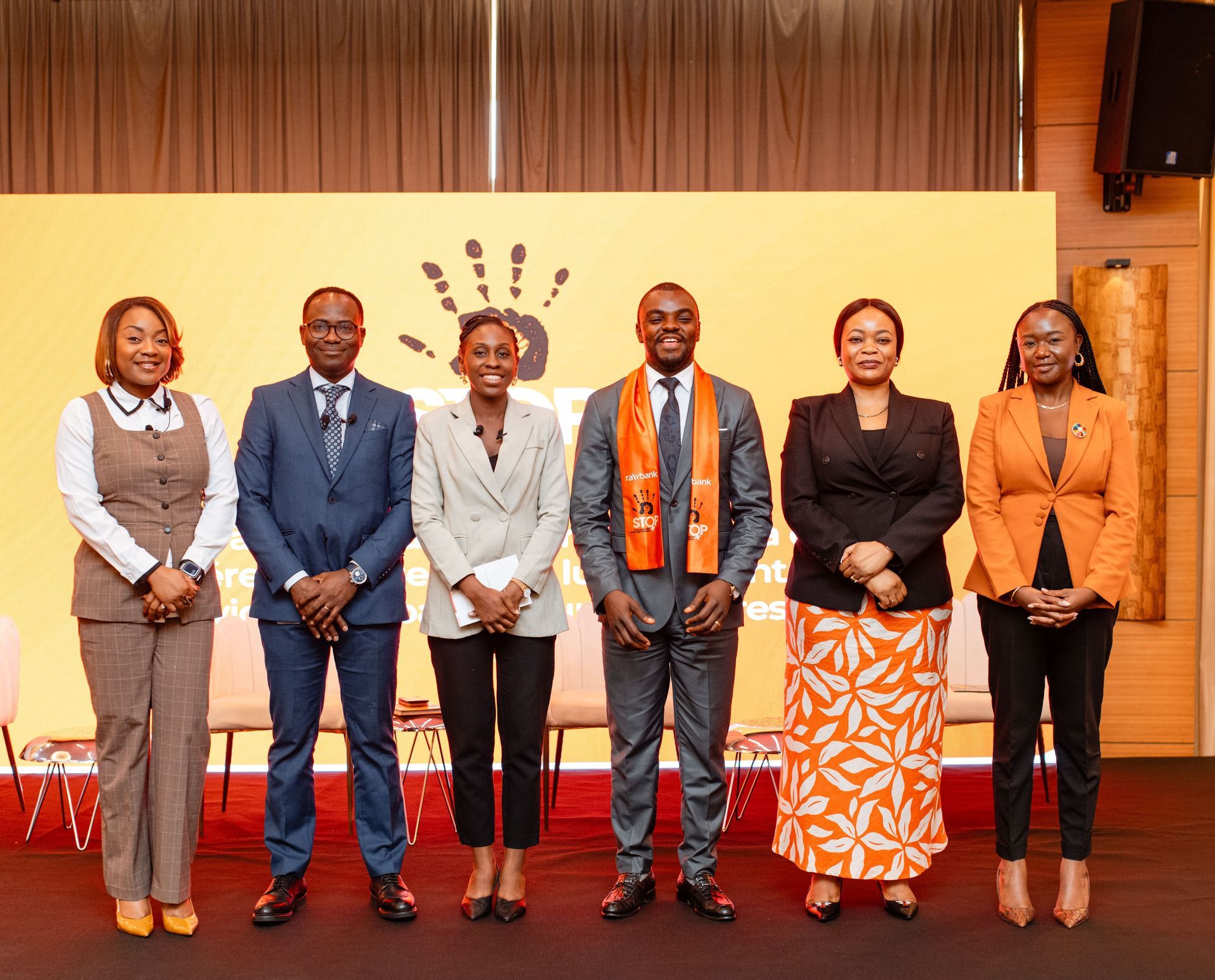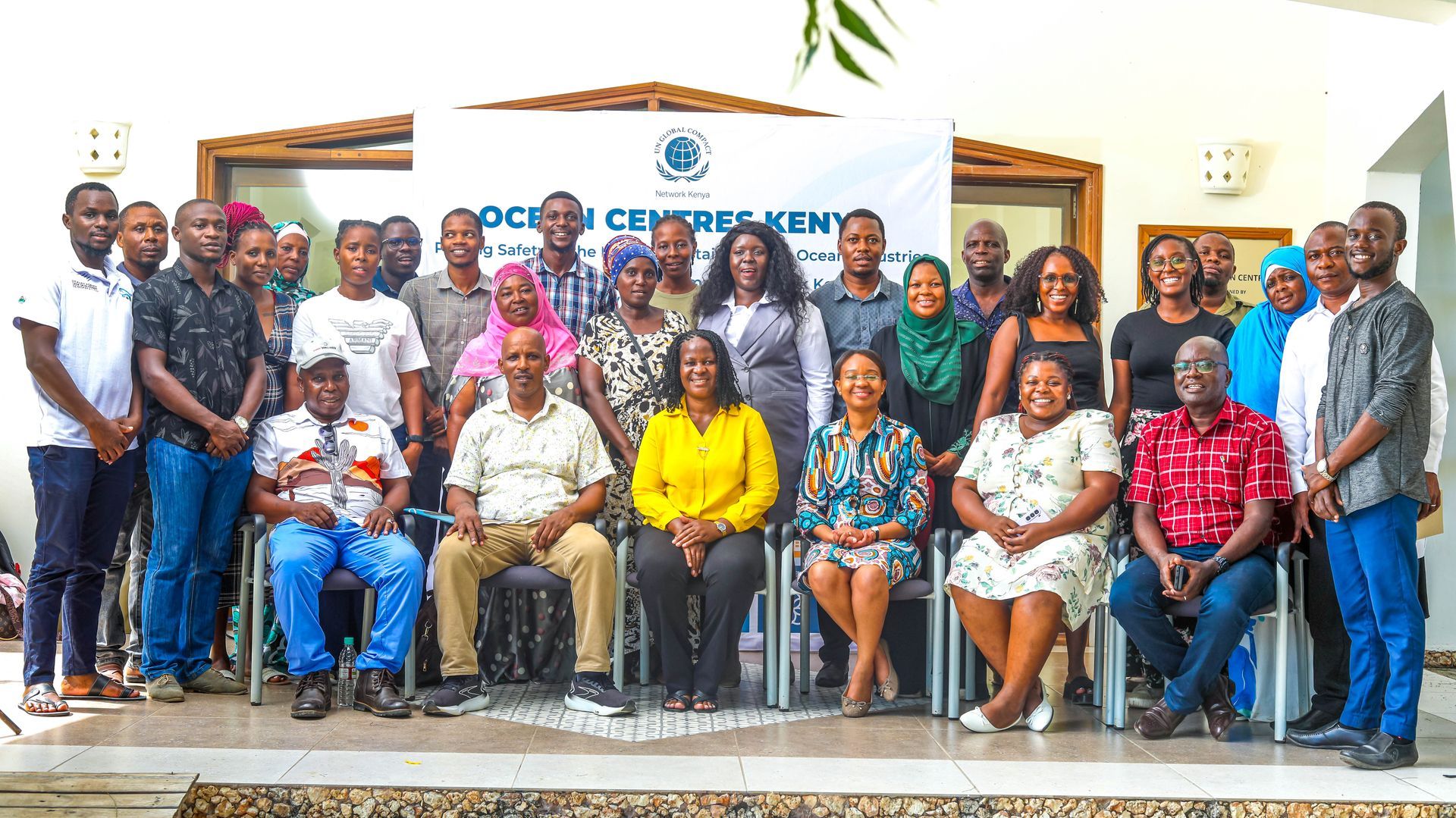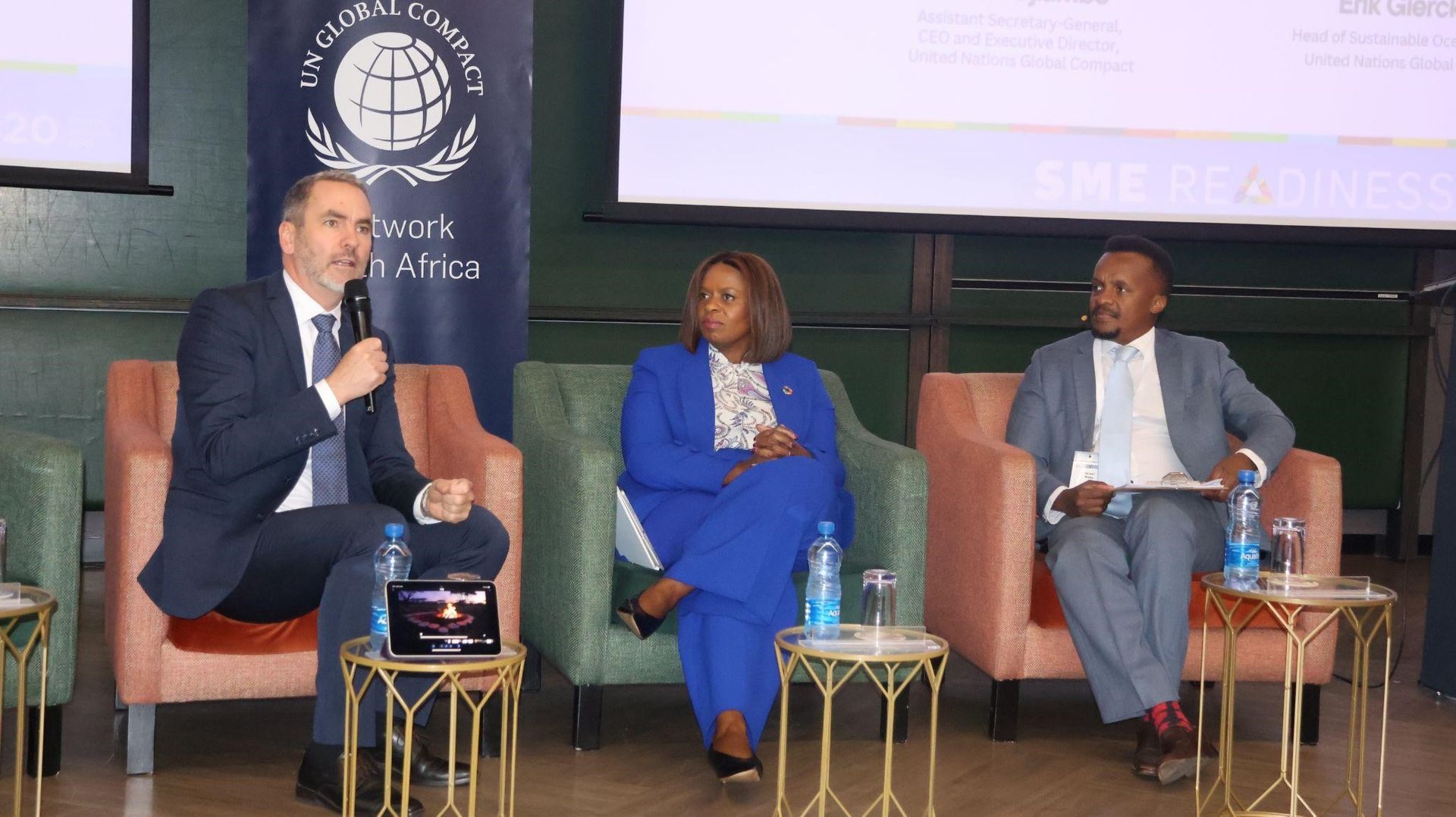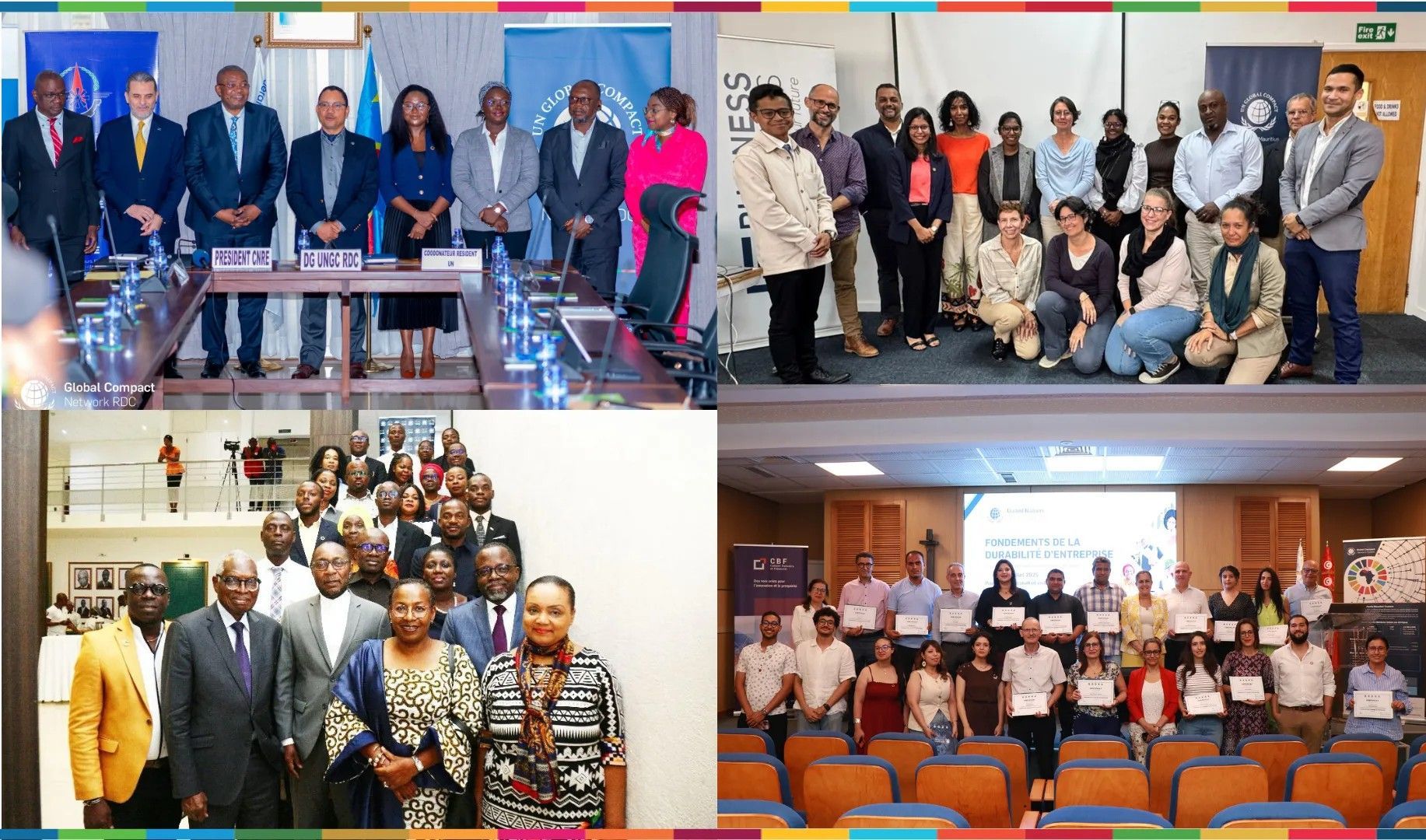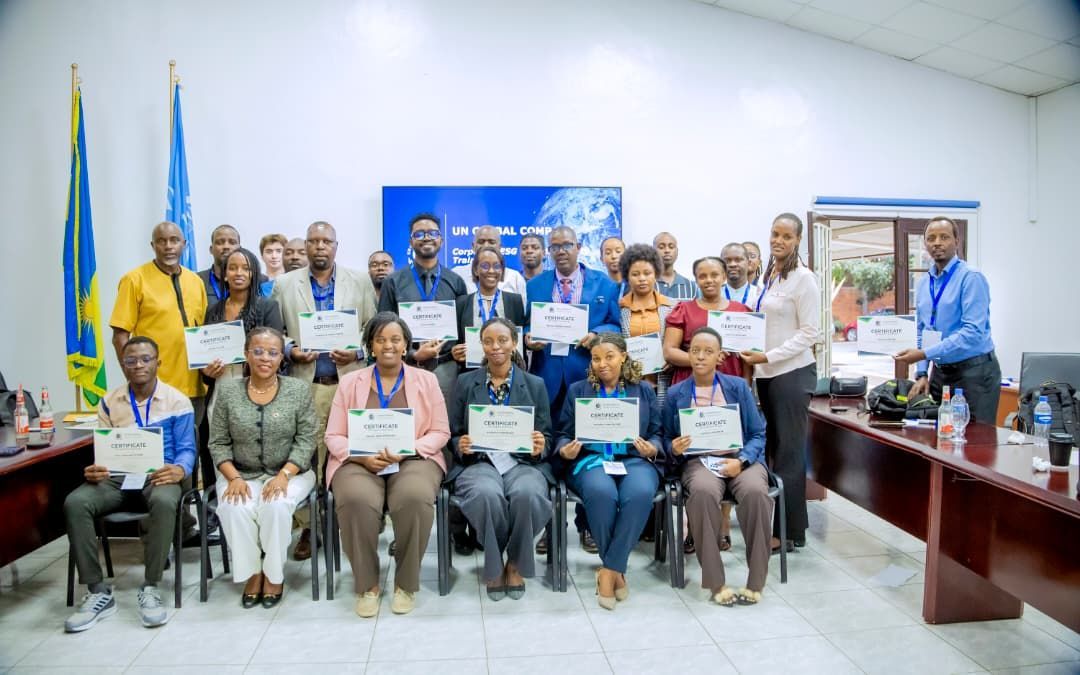Private Sector Unites Against Corruption in Eastern Africa
UN Global Compact Anti-Corruption and Governance Unit Engages Private Sector at Regional Conference

The United Nations Global Compact Anti-Corruption and Governance Unit made history at the UNODC Regional Conference of the Eastern Africa Anti-Corruption Platform by bringing the private sector's voice to the table for the first time. This milestone marked a significant step towards fostering collective action against corruption in the region.
A United Front Against Corruption
The UN Global Compact convened 20 private sector representatives and four Executive Directors from Global Compact Networks in Kenya, Tanzania, Rwanda, and the Democratic Republic of Congo. Like-minded stakeholders gathered to discuss common goals, share best practices, and approve recommendations on business integrity, collective action, and anti-corruption frameworks.
Regional Collaboration
The Global Compact Kenya Network hosted a regional event on Business Integrity, bringing together the private sector, governments, and civil society to discuss concrete case studies and collaboratively address challenges.
Quote: "The private sector has a critical role in promoting integrity and transparency in Eastern Africa. We are committed to supporting collective action and working together to build a business environment that values ethical practices and good governance." - Executive Director, UN Global Compact
Access the Playbook on Collective Action here.
